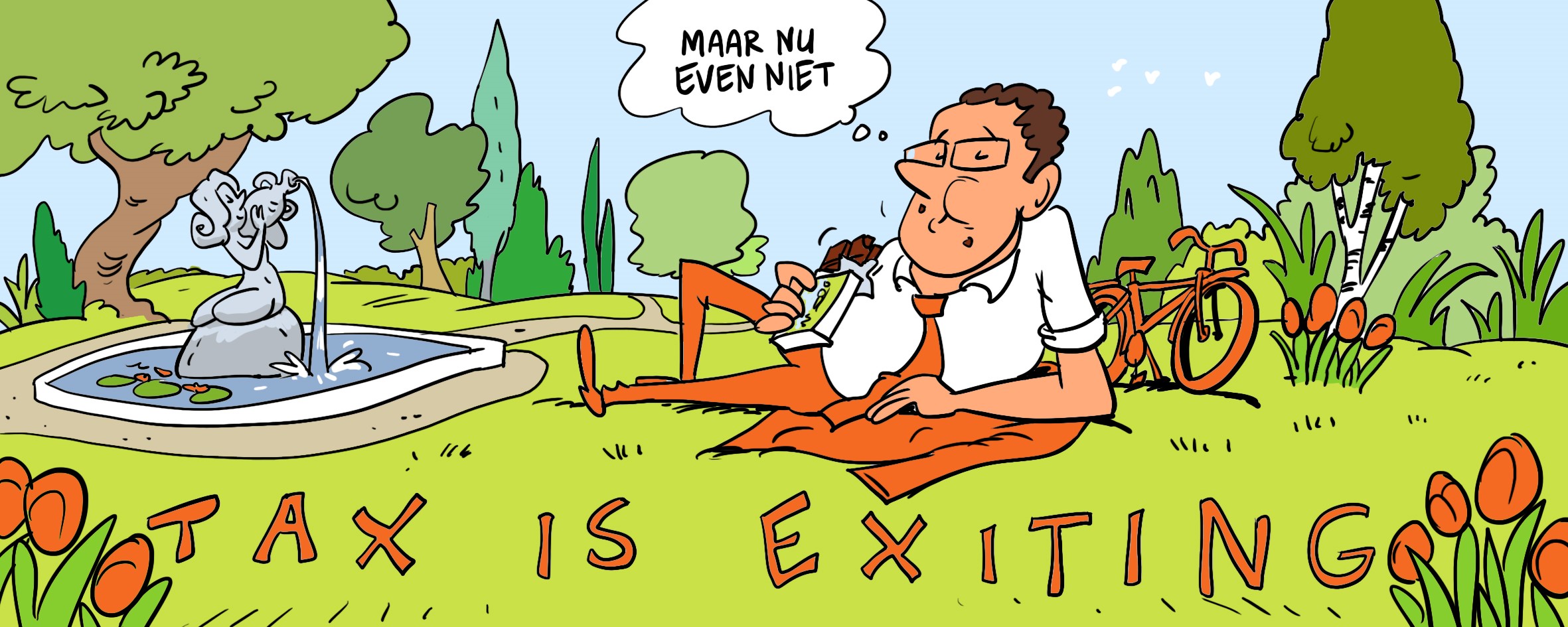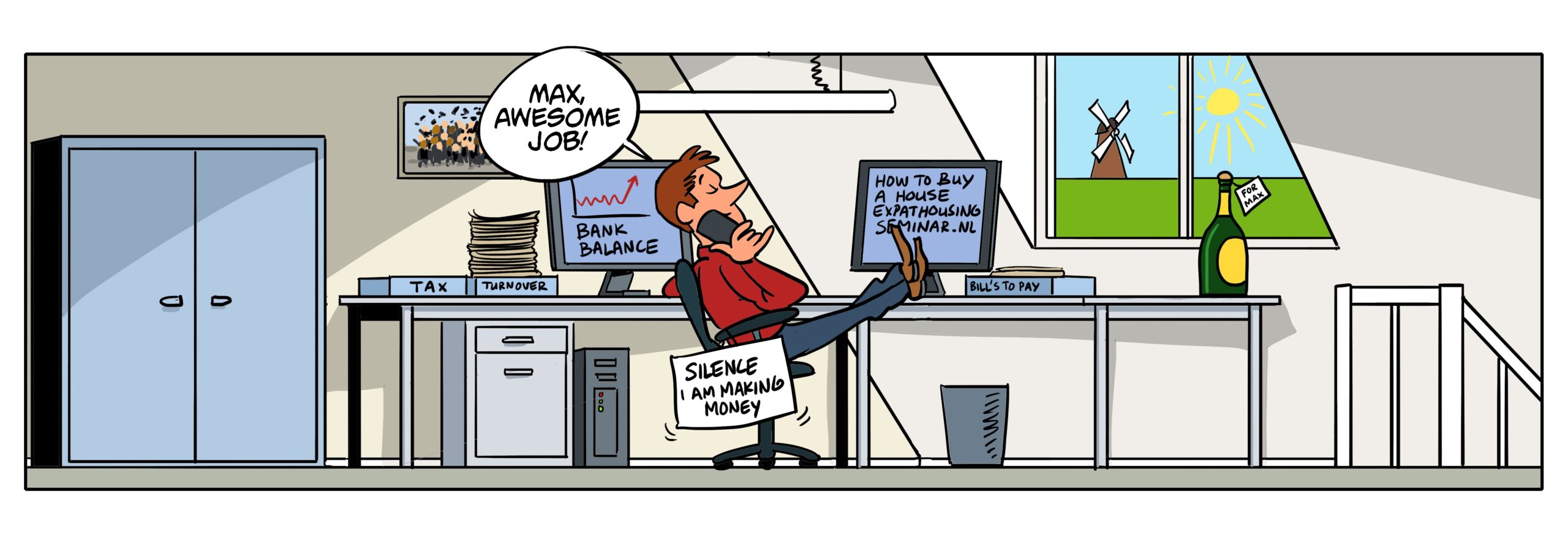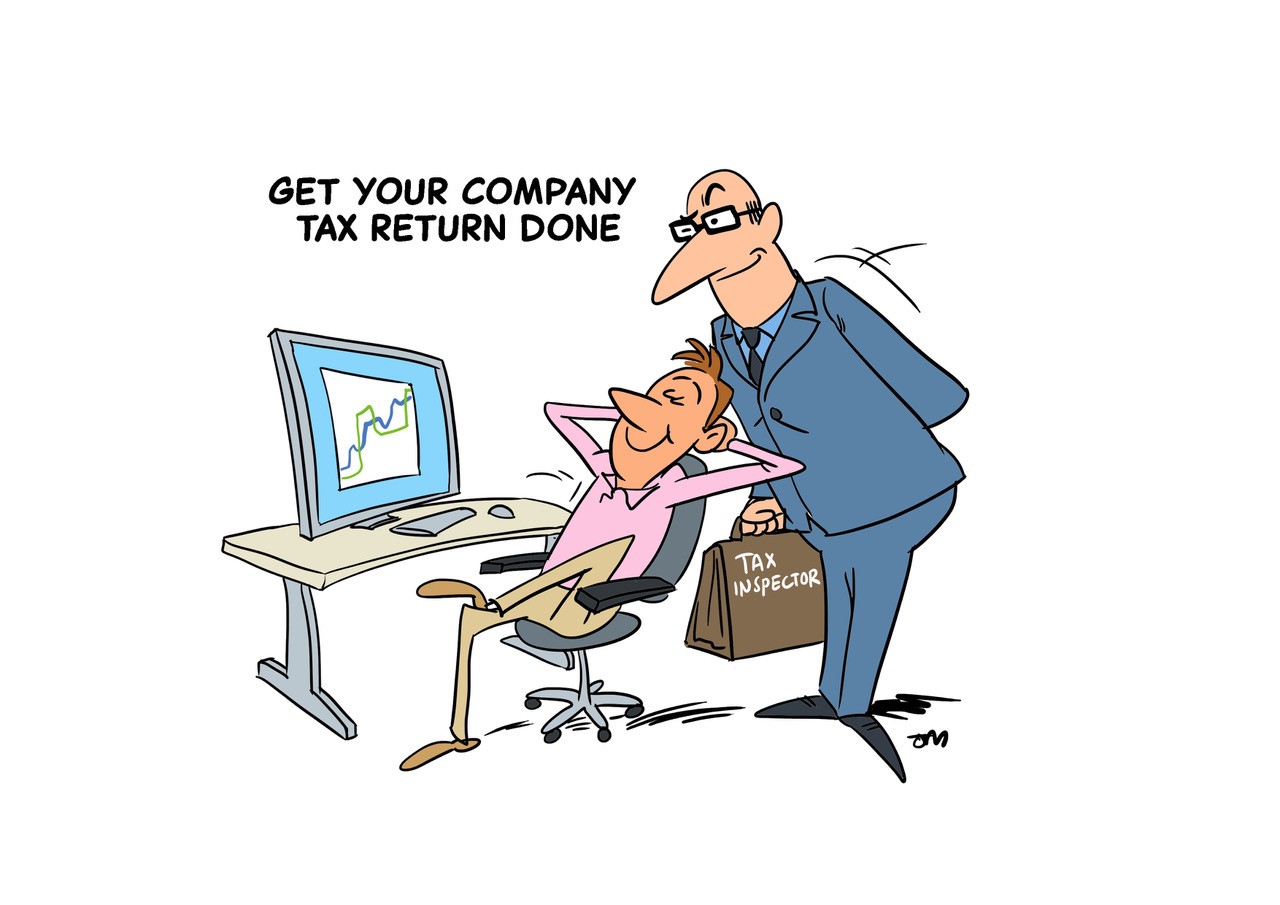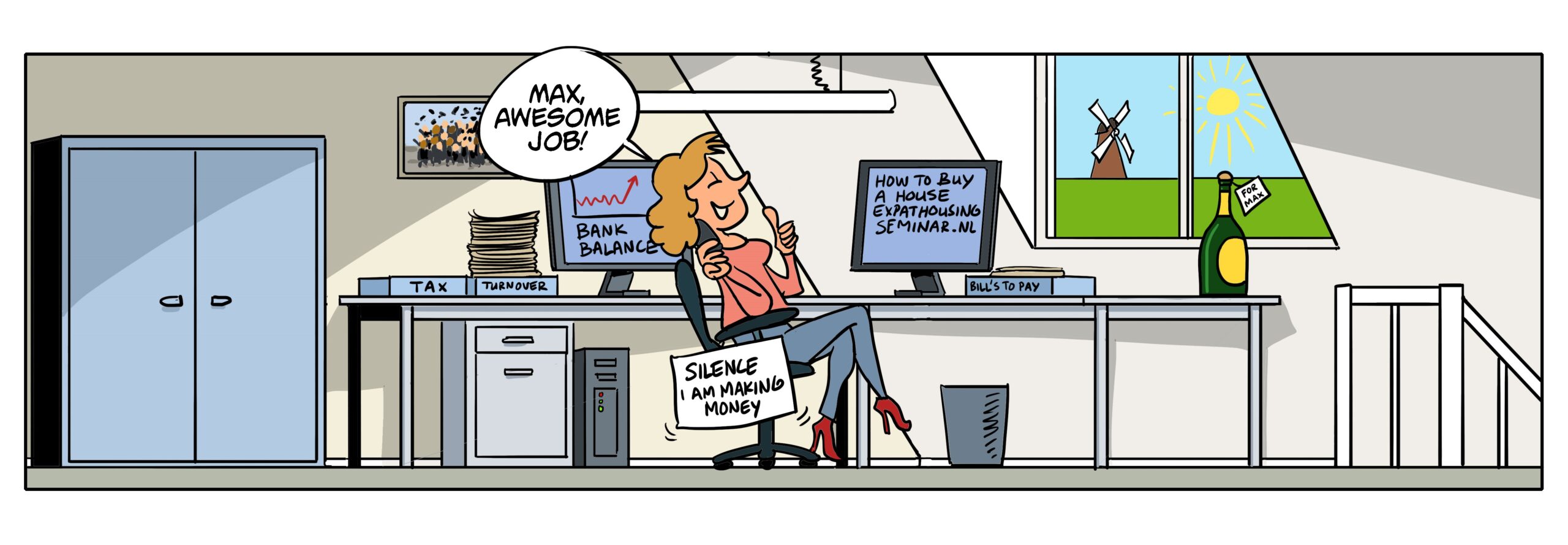The BV company and max EUR 500.000 loan is policy the Dutch Government will introduce. What is that about?
The BV company and max EUR 500.000 loan
We have explained before that the shareholder can subtract funds from their BV in three manners. It is either salary or dividend or a loan. A salary is subject to wage tax. A dividend implies the company made a profit and the shareholders agreed to pay the dividend. A loan is a loan, hence you need to pay this back to the BV.
Minimum salary requirements
The minimum salary requirements make that often the profit in a BV company is not that high. But still for some high enough to have money left over in the BV company.
Dividend requirements
A dividend is easily agreed upon in the shareholders meeting. Especially if you, the shareholder, are the chairman and secretary of that meeting. However, rules have changed. Now the director can be held liable. That is when the dividend payment causes the company not to have enough funds to pay for their debts. The dividend was at that moment a decision that should not have been taken. With the knowledge obtained at a later stage. You as shareholder director should have known, hence you are liable.
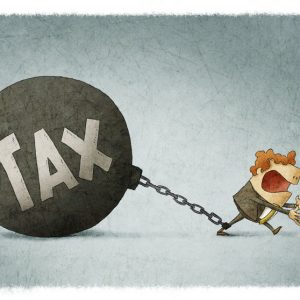
Loan requirements
Among some there is still the adagio that delaying tax is a good thing, hence a loan is better than salary or a dividend. Every shareholder has a loan agreement with the BV company as every shareholders has some costs paid by the BV, that are no business costs or take up more net salary than calculated. Or another situation happens that makes that the company pays for private costs.
In such a situation the shareholders owes the BV that money, and this is commonly referred to as a current account loan. Shareholders are human beings, so how easy is it to take up too much money from the BV and pay interest only?
For the Dutch Government: too easy
The BV company and max EUR 500.000 loan
The Dutch tax office announce earlier this year that the maximum loan capacity from the BV will be limited. The maximum amount is EUR 500.000.
Most shareholders have loaned money from their BV company for the purchase of their own home, so the shareholders were close to a riot with respect to this part, as often the house is more expensive than EUR 500.000.
The Government was already aware of that issue, hence adjusted the policy to still max EUR 500.000 loan, but loans that exist up to and till December 31, 2022 meant for the financing of the home of the shareholder, are excluded from this EUR 500.000 max amount. Loans for the home taken up later are no excluded.
What does exceeding the EUR 500.000 imply?
It implies that anything loaned to the shareholder, not being for the home, exceeding EUR 500.000 is regarded dividend. And then the shareholders is assumed pay to in 2023 the currently 26,5% dividend tax over the excess over EUR 500.000.
Tax-is-exciting
We think tax-is-exciting we also think you should not pay more tax then necessary. However, building up a debt ratio with your own BV, that has no substance as balance. In other words, the loan is taken up for consumption, is never a good initiative. The Dutch Government realized that such behavior is not limited, hence a limit is being introduced.
Sorry for the dashes in the middle of the word Tax-is-Exciting. Apparently Google has a dirty mind and sees only a three letter word that we refer to when we practice to reproduce ourselves. Anything related to that word is spam, hence this devout solution.


